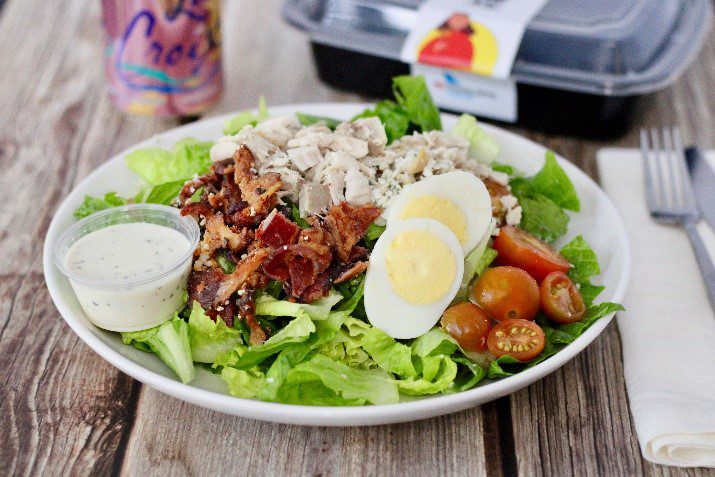Long-term weight loss success after bariatric surgery depends heavily on your commitment to overhauling your dietary and exercise habits. Because your stomach is much smaller than it used to be, you need to make every meal as nutritious as possible. Once you’re back to eating solid foods, your plate will often consist of lean proteins, fresh vegetables, and whole grains.
Why is Protein Important After Weight Loss?
Of all the nutrients, protein is the most important after bariatric surgery. Surgeons recommend starting every meal by eating your protein first in case you feel full before you finish your plate. If you fall short of your protein needs, your body will cannibalize your lean muscle tissue, which can result in muscle wasting. You’ll likely experience some loss of lean muscle tissue due to the nature of rapid weight loss, but consuming protein-rich foods can keep this to a minimum.
How Does Protein Improve Weight Loss?
Your body requires protein to repair cells, make new cells, and expedite fat loss. Your body uses protein to burn fat, and muscle mass burns calories faster than fat cells. Muscle also increases your metabolism, so you’ll burn more calories while at rest as well. Protein helps you feel full for longer than other nutrients, which can help prevent hunger cravings. In the early stages of recovery, your daily protein goal ranges from 40-60g. Once you’re fully recovered, this goal increases to 60-80g per day.
High Protein Food Choices
Learning how to read nutrition labels is a great skill to help you identify high-quality protein sources. While protein bars and shakes may seem like obvious choices, some of them contain way too much sugar. The following foods are excellent sources of protein without any excess sugar:
- Eggs. Eggs meet several of your nutritional needs. They’re packed full of vitamins, healthy fats, and protein. You can reduce the calories and improve the protein to calories ratio by using only egg whites.
- Chicken breast. Skinless chicken breasts are an excellent source of protein, and it’s a highly versatile food. You can make stir-fries, casseroles, shredded barbecue, and more.
- Greek yogurt. Greek yogurt contains significantly more protein than its traditional counterpart does. It’s also a food option for vegetarians or individuals with an egg allergy. Be sure to check the sugar content of any Greek yogurts that contain fruit. You can also buy it plain and add your own low-sugar sweetener later.
- Cottage cheese. In addition to its protein content, cottage cheese provides a plethora of nutrients your body needs. Some examples include calcium, B2, and B12.
- Cheese. If the texture of cottage cheese bothers you, you have several other kinds of cheese available to you. Parmesan, Swiss, and cheddar all contain a decent amount of protein compared to their calories.
- Tuna. Tuna is a great source of protein after bariatric surgery. Its calorie and fat content are low, and it’s a good source of healthy fats.
- Whey protein powder. Protein smoothies and shakes are an easy go-to after bariatric surgery. Look for a whey protein powder that has a good amount of protein without unnecessary sweeteners. Protein shakes are extremely versatile as the powders come in a variety of flavors. You can also add several fruits to expand your flavor options.
A good rule of thumb to meet your protein goal is to consume 10g of protein for every 100 calories you eat. If you keep this ratio in mind, you’ll have a much easier time identifying high-quality protein sources. Contact us to learn more about weight loss surgery.





